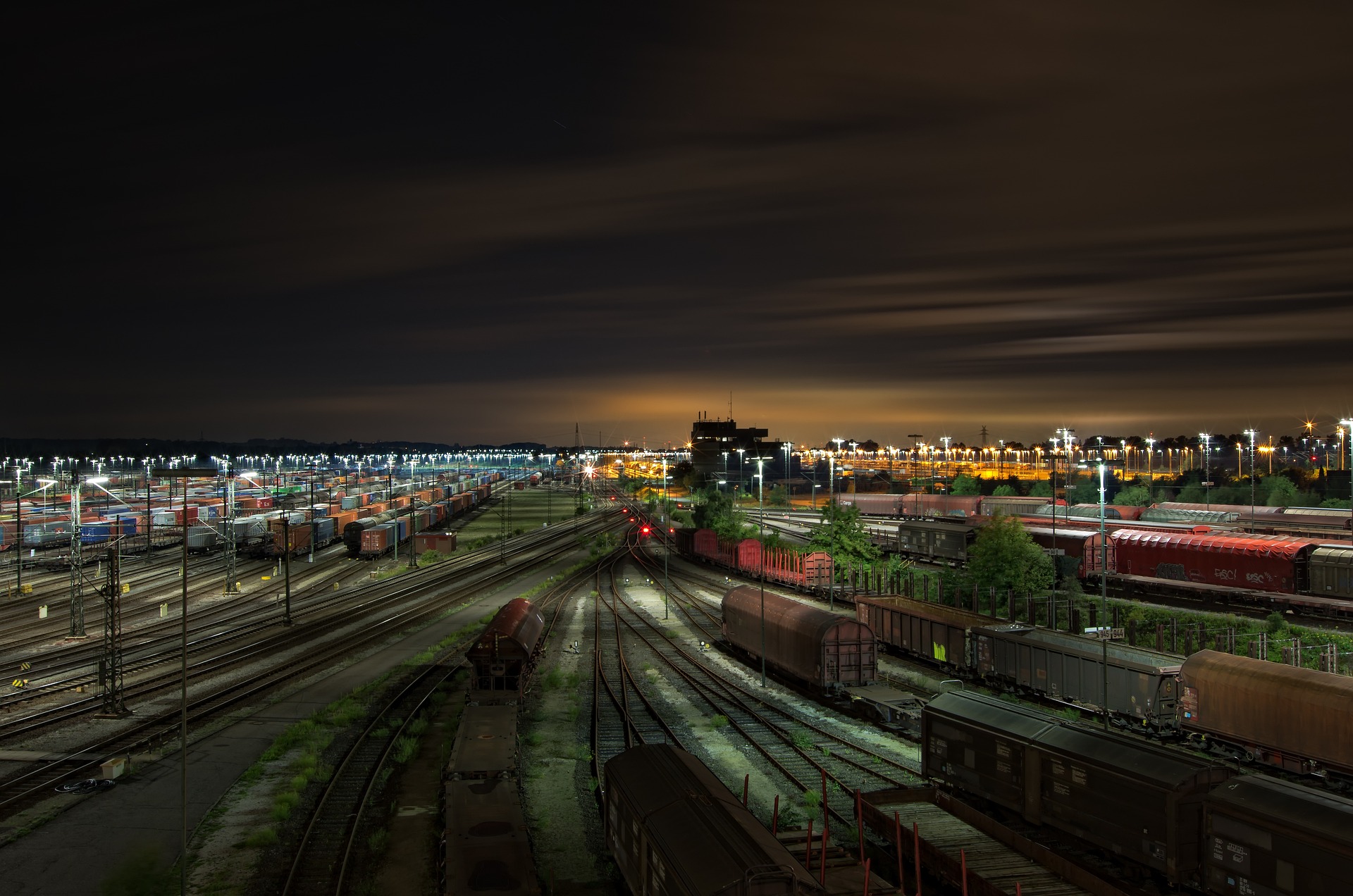
The Hungarian Foreign Minister says the terminal will play a major role in ensuring the continuity of Ukrainian grain exports.Continue reading

Ukraine’s neighboring countries are calling for solutions to restrict imports of Ukrainian grain in a joint letter to the European Commission, Polish Prime Minister Mateusz Morawiecki revealed at a press conference in Warsaw on Wednesday. He said that the drafting of the letter urging “immediate action” by the Commission had been agreed upon with the heads of government of Ukraine’s neighboring countries at the last European Council meeting.
After last week’s EU summit, Hungarian Prime Minister Viktor Orbán has announced that under the coordination of Mateusz Morawiecki, some countries will act together to protect farmers from the harmful effects of Ukrainian grain dumping.
In a letter addressed to Commission President Ursula von der Leyen, “all possible means are proposed, including quantitative restrictions, safeguard duties, various measures to limit imports,” Morawiecki explained. He added that the restrictions would not apply, for example, to consignments of cereals only transiting through Poland and destined, inter alia, to Africa or Middle Eastern countries.
Morawiecki argued that
Poland is not the only country expecting solutions, as “the same problems are faced by Romanians, Hungarians, Slovaks, Bulgarians, Czechs, and some other countries.”
“We are providing humanitarian and military aid to Ukraine, but in the case of cereals, Polish farmers are facing major problems,” the Polish Prime Minister stated, adding that the government is “investing huge public resources to tackle the problem.” Warsaw has so far received the equivalent of PLN 200 million (EUR 42.6 million) from the European Union to support Polish cereal producers, and the state budget has to allocate ten times that amount to alleviate the problem.
Hungary is also affected by the same problem. Hungarian Minister of Agriculture István Nagy said that
following a flood of Ukrainian grain into the Member States near the Ukrainian border, causing very serious internal market disruption, six EU countries – Hungary, Poland, Romania, the Czech Republic, Slovakia, and Bulgaria – have requested exceptional aid from the European Commission to help resolve the situation.
In the end, however, only Poland, Romania, and Bulgaria will receive this financial assistance of more than €53 million. The joint letter introduced by Morawiecki could be the consequence of the three countries being left out of the financial assistance.
The president of the Association of Hungarian Farmers’ Unions and Farmers’ Cooperatives (Magosz) recently told M1 news channel that people must be protected from the harmful effects of Ukrainian grain dumping. According to István Jakab, Hungarian society needs to recognize the problem caused by the Ukrainian grain stuck in the country, because in addition to the fact that it has significantly depressed prices, people’s health is also at stake. He said that pesticides were used in Ukraine that had been banned from EU farms for 30 years. Stockpiles in Hungary must be subject to the strictest controls, and so far government agencies have taken more than eight hundred samples, he added.
István Jakab has recalled that
Hungary had also opened the solidarity corridor initiated by the EU to allow grain from Ukraine to reach Africa and the Middle East, but the grain was stuck in countries neighboring Ukraine, where it caused internal market disturbances.
Another Hungarian organization, the National Association of Cereal Growers is proposing that the Ukrainian grain stockpiled in Hungary and other EU countries be transported at the expense of the European Union. The president of the association said that there are currently 1.3 million tons of Ukrainian wheat in Hungary alone, and because of the cheap Ukrainian wheat there is no longer any demand for Hungarian grain.
Featured photo via Pixabay